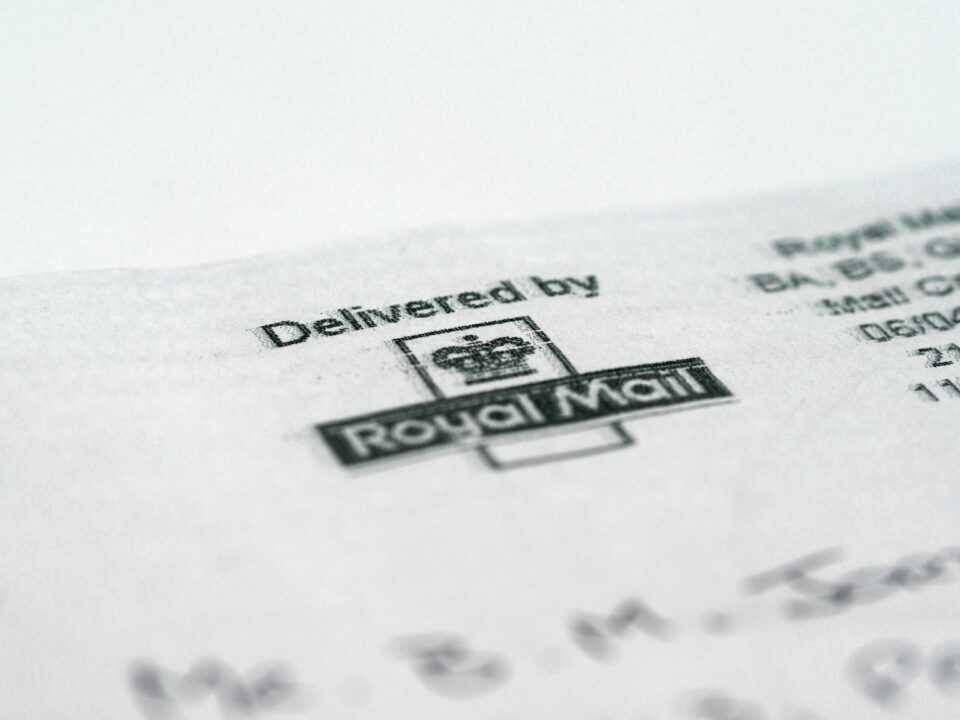Legal Process of Name Change for Adults in the UK

Changing your name as an adult in the UK is a straightforward process, but it’s important to follow the correct legal steps to ensure your new identity is recognised by all official institutions. This guide explains the process, outlines your options, and provides practical advice for a smooth transition.
Why Change Your Name?
Adults may choose to change their name for a variety of reasons, including marriage, divorce, gender identity, or simply a desire for a fresh start. Whatever the reason, the law in England and Wales allows you to adopt a new name at any time, provided you do not intend to deceive or defraud anyone.
Legal Options for Changing Your Name
1. Deed Poll
A deed poll is the most common and effective way to change your name legally in the UK. It is a legal document that proves your intention to change your name and is widely accepted by government bodies and private organisations. There are two types of deed poll:
-
Unenrolled Deed Poll:
You can make your own deed poll or use a specialist agency or solicitor. The document must be signed by you and witnessed by two adults who are not close relatives or living at the same address. This is suitable for most purposes and can be used immediately after signing. -
Enrolled Deed Poll:
You can apply to the Royal Courts of Justice to have your name change officially recorded on public record. This process costs £50.32 and is only available to adults aged 18 or over. Some organisations may require an enrolled deed poll before accepting your new name.
2. Marriage or Civil Partnership
If you change your surname after marriage or civil partnership, you can use your marriage or civil partnership certificate as proof of your new name. No deed poll is required, but you must notify all relevant organisations and provide them with a copy of your certificate.
After divorce or dissolution, you can revert to your previous name by showing your marriage certificate and decree absolute or final order to record-holders. Some organisations may require a deed poll to change your name back.
Step-by-Step Process
-
Choose Your New Name
Select a name that you genuinely wish to use and ensure it complies with legal requirements. -
Obtain a Deed Poll (if required)
Complete a deed poll, have it signed and witnessed, and consider enrolling it if necessary. -
Update Official Records
Use your deed poll or marriage certificate to update your name with the following:-
Passport Office
-
DVLA (driving licence and vehicle registration)
-
HM Revenue and Customs
-
Bank and Building Society
-
Local Authority (Council Tax and Electoral Register)
-
Employer
-
Insurance Providers
-
Utility Companies
-
GP, Dentist, and Other Healthcare Providers
-
-
Notify Other Organisations
Inform all relevant organisations of your name change to ensure your records are consistent and up to date.
Special Considerations
-
Registered Offenders:
If you are a registered sex offender, violent offender, or terrorist offender, you must inform the police within three days of changing your name. Failure to do so is a criminal offence. -
International Considerations:
If you live overseas or hold dual citizenship, check the requirements of your country of residence or other nationalities you hold. -
Professional or Stage Names:
You can use a deed poll to change your name for professional reasons, such as adopting a stage name or pen name.
Costs and Legal Support
-
Unenrolled Deed Poll:
You can make your own deed poll for a minimal cost, or use a specialist agency for a small fee (typically from £15.99). -
Enrolled Deed Poll:
The current fee is £50.32. -
Solicitor Services:
Engaging a solicitor ensures your deed poll is correctly drafted and witnessed, and can help with complex situations or disputes.
Why Use a Solicitor?
A family law solicitor can provide expert guidance, ensure your deed poll meets all legal requirements, and help you update your records efficiently. This is especially helpful if you have complex circumstances or need support with international name changes.
Conclusion
Changing your name as an adult in the UK is a simple and accessible process, but it’s important to follow the correct legal steps. Whether you use a deed poll, change your name after marriage, or seek professional legal support, understanding the process will help you make a smooth transition to your new identity.

